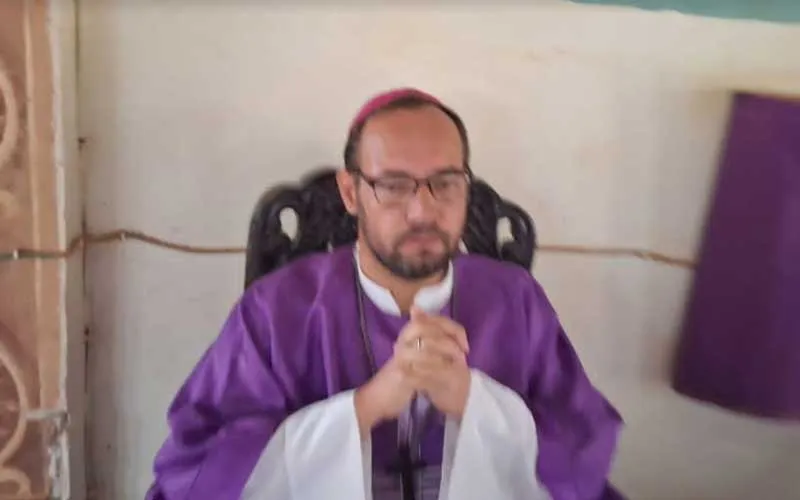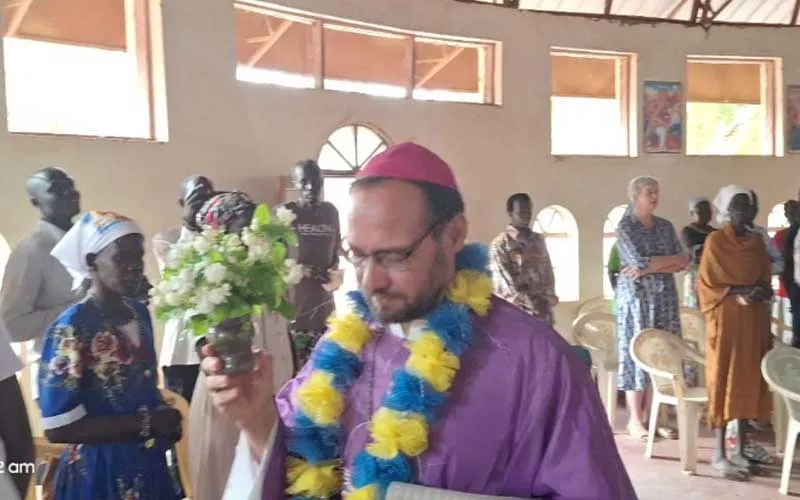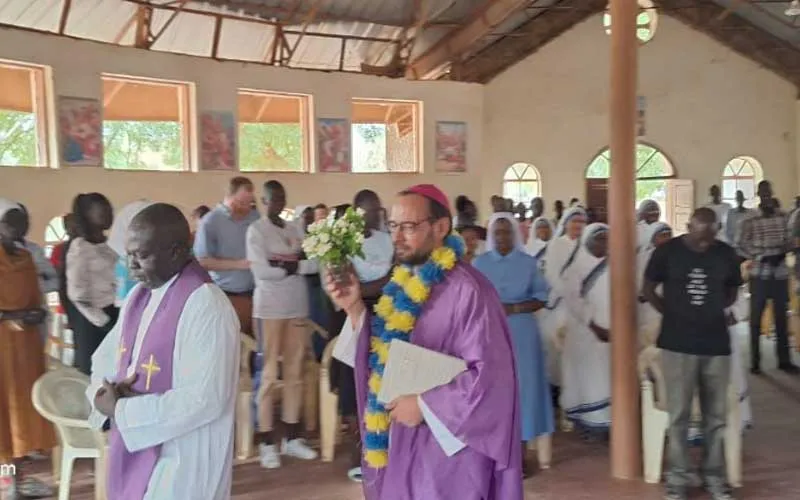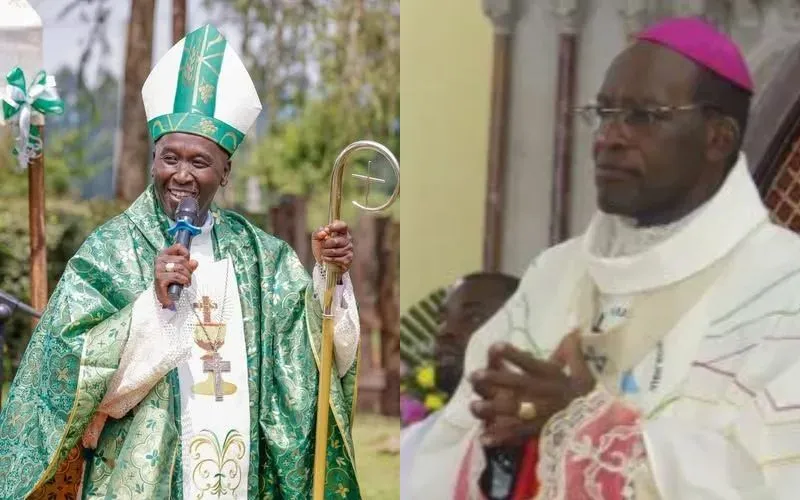“Father Benjamin saw that I was writing, ‘Fr. Chris”, and he said, ‘be what you are; you are Bishop’. It’s true; but I don’t call you ‘hey Priest’; I call you Fr. Benjamin,” Bishop Carlassare said, adding that while people are free to address him as they wish, his preference is the “evangelical title of Father”.
In other commitments, the Catholic Church leaders resolved to “avoid anything which may seem to confer priviledges, priority or any preference for the rich and powerful” including “banquets, offered or accepted, class distinction during religious services”; to dedicate their time “to the apostolic and pastoral service of people and groups of workers and of the economically weak and underdeveloped, without prejudice to the other people and groups in the diocese”, supporting pastoral agents “who the Lord calls to evangelize the poor”.
They also resolved to “avoid the fostering or pampering of the vanity of anyone, in order to seeking reward or solicit donations, or for any reason whatsoever. We will invite our faithful to consider their donations as a normal participation in the cult, the apostolate and social action.”
Other commitments relate to “the demands of justice and charity, and their mutual relationship”, and the engaging of stakeholders to realize “laws, structures and social institutions required by justice and charity, equality and the harmonic and holistic development of all men and women”.
The Catholic Church leaders also committed themselves to participating, “according to our means, in the urgent investments of the episcopates of poor nations”, and to demanding that international entities “adopt economic and cultural structures which no longer manufacture proletarian nations in an ever richer world, but which will permit the poor masses to overcome their misery.”
(Story continues below)
In committing themselves to sharing their lives with members of the Clergy, women and men Religious, and Laity “in pastoral charity”, the signatories of “The Pact of Catacombs” pledged to strive to have their Episcopal Ministry “constitute a true service” by renewing their lives with the people of God under their pastoral care, fostering collaboration, being “more humanly present, more welcoming ... show ourselves to be open to all, whatever their religion.”
“On returning to our respective dioceses, we will make this resolution known to our people, asking them to help us by their understanding, collaboration and prayers,” the Catholic Bishops stated, and implored, "MAY GOD HELP US TO BE FAITHFUL".
In his March 25 homily, Bishop Carlassare said he found inspiration in the commitment of the Bishop signatories of the “The Pact of Catacombs”, and added, “I think there is no point today to be Bishops in the church unless we really subscribe to these principles in different ways.”
“This is also a call of transformation for the Church, not only for the Bishops themselves. So, as I feel inspired by these and try to apply them, I ask you to help me to live these principles and I ask you, maybe little by little, also to pick up (the 13 commitments) as Diocese of Rumbek,” he said.
 Bishop Christian Carlassare at Holy Family Cathedral of Rumbek Diocese on his second Episcopal Anniversary on 25 March 2024. Credit: Fr. Luka Dor/Diocese of Rumbek
Bishop Christian Carlassare at Holy Family Cathedral of Rumbek Diocese on his second Episcopal Anniversary on 25 March 2024. Credit: Fr. Luka Dor/Diocese of Rumbek
At his first Episcopal Anniversary last year, the Local Ordinary of Rumbek Diocese presided over the consecration of the South Sudanese Episcopal See to the Immaculate Heart of Mary.
“At the end of the Eucharistic Celebration we did an act of consecration of the Diocese of Rumbek to the Immaculate Heart of Mary,” Bishop Carlassare recalled his Act of the Consecration in his WhatsApp note to ACI Africa on 25 March 2023.
In the note, he reiterated the “Yes of Mary”, and acknowledged with appreciation the Yes of his predecessor, Bishop Caesar Mazzolari.
The Catholic Church leader, who started his Priestly ministry in South Sudan’s Malakal Diocese in 2005 also recognized the Yes of the members of the Clergy, women and men Religious, and Laity in Rumbek Diocese, saying, “My Yes stands on theirs.”
ACI Africa was founded in 2019. We provide free, up-to-the-minute news affecting the Catholic Church in Africa, giving particular emphasis to the words of the Holy Father and happenings of the Holy See, to any person with access to the internet. ACI Africa is proud to offer free access to its news items to Catholic dioceses, parishes, and websites, in order to increase awareness of the activities of the universal Church and to foster a sense of Catholic thought and culture in the life of every Catholic.
 Bishop Christian Carlassare at Holy Family Cathedral of Rumbek Diocese on his second Episcopal Anniversary on 25 March 2024. Credit: Fr. Luka Dor/Diocese of Rumbek
Bishop Christian Carlassare at Holy Family Cathedral of Rumbek Diocese on his second Episcopal Anniversary on 25 March 2024. Credit: Fr. Luka Dor/Diocese of Rumbek




 Bishop Christian Carlassare at Holy Family Cathedral of Rumbek Diocese on his second Episcopal Anniversary on 25 March 2024. Credit: Fr. Luka Dor/Diocese of Rumbek
Bishop Christian Carlassare at Holy Family Cathedral of Rumbek Diocese on his second Episcopal Anniversary on 25 March 2024. Credit: Fr. Luka Dor/Diocese of Rumbek


